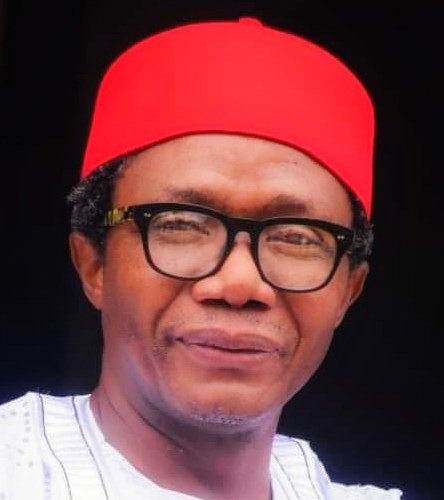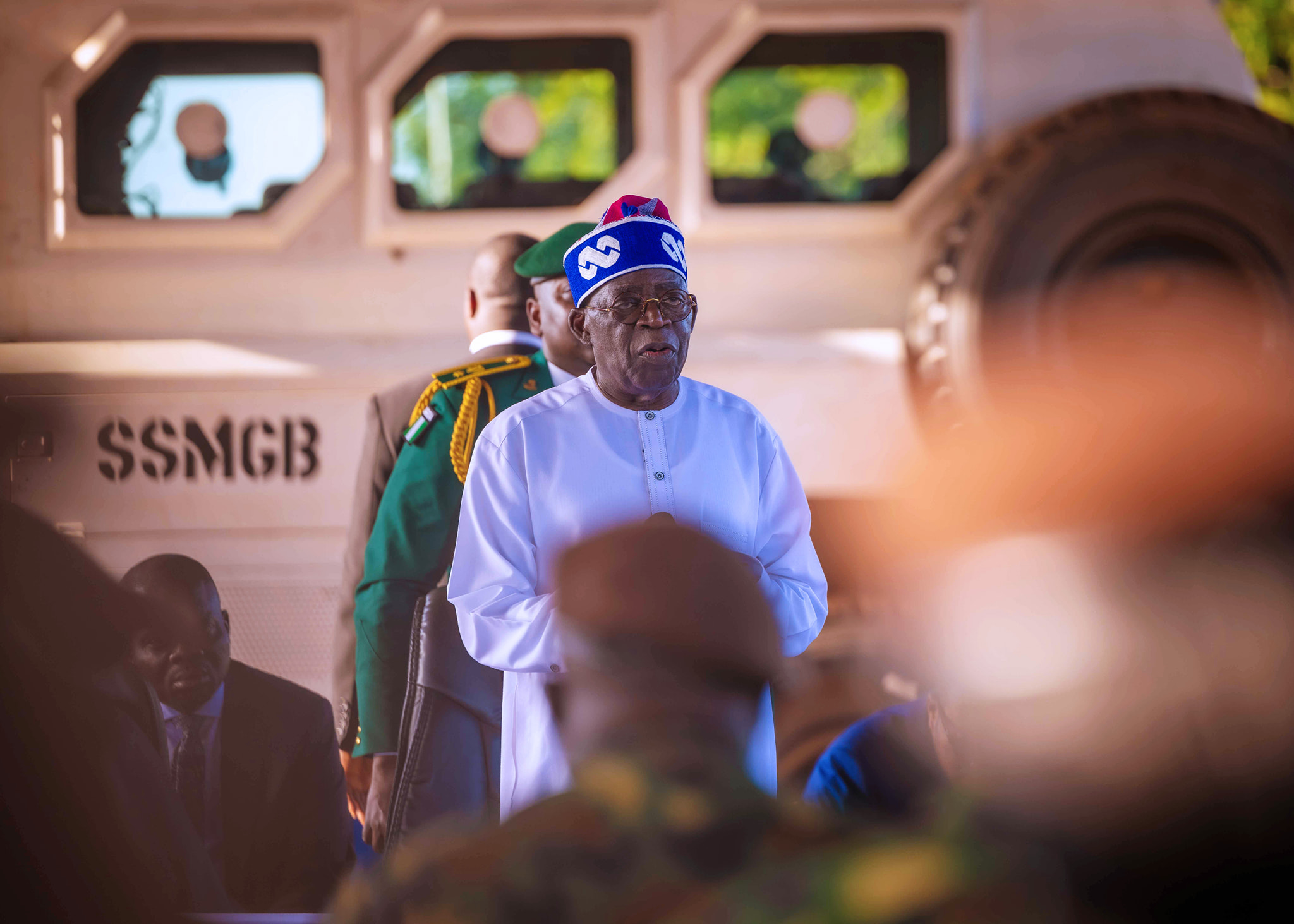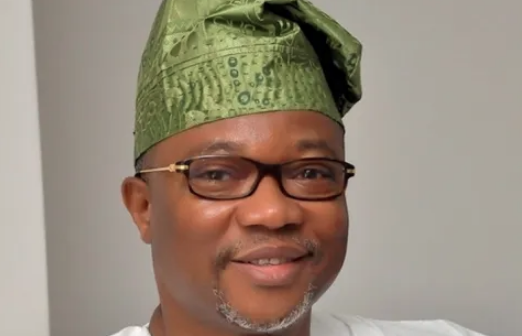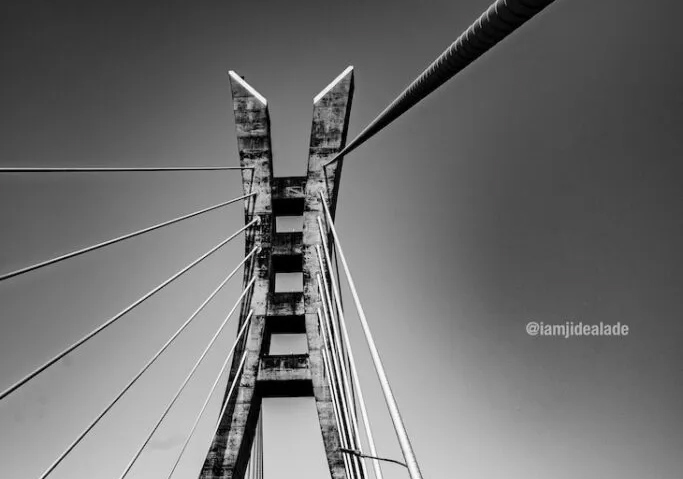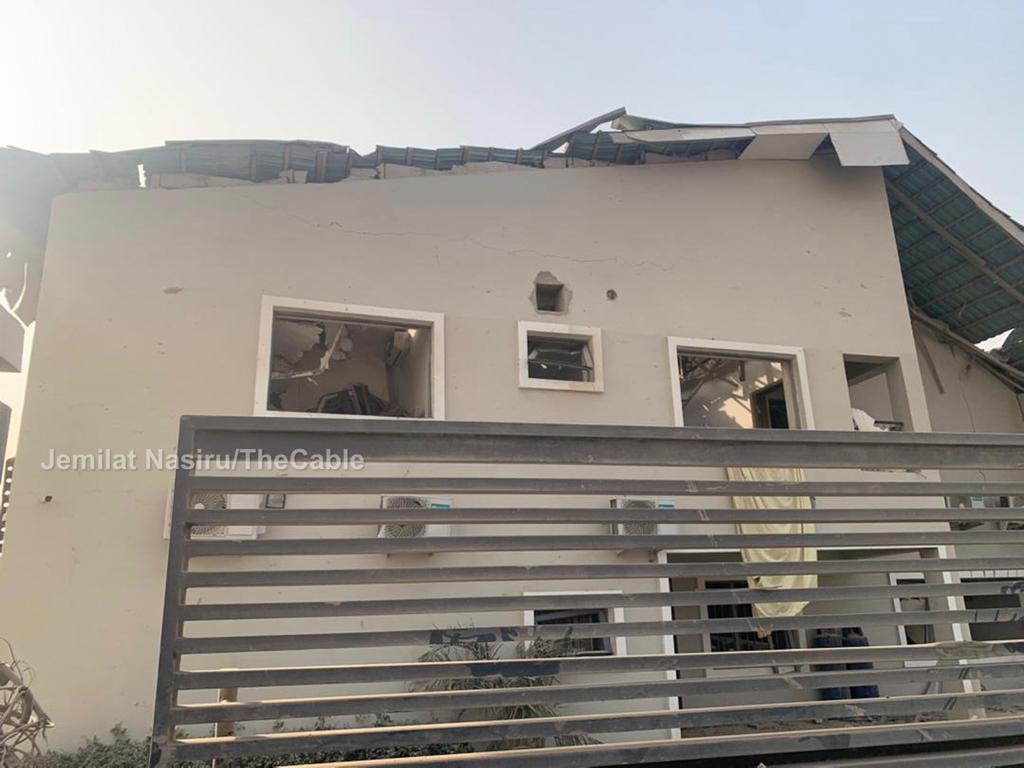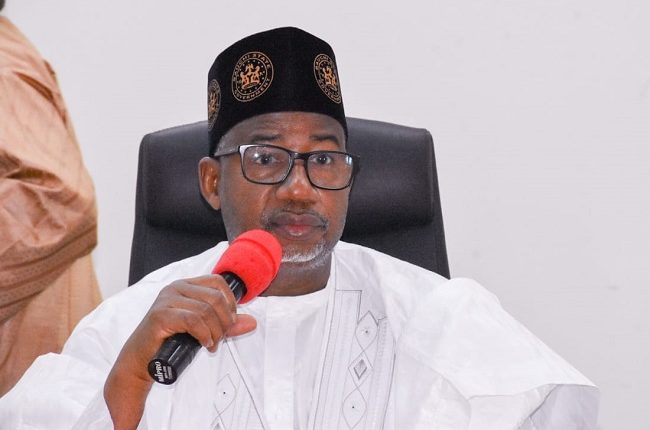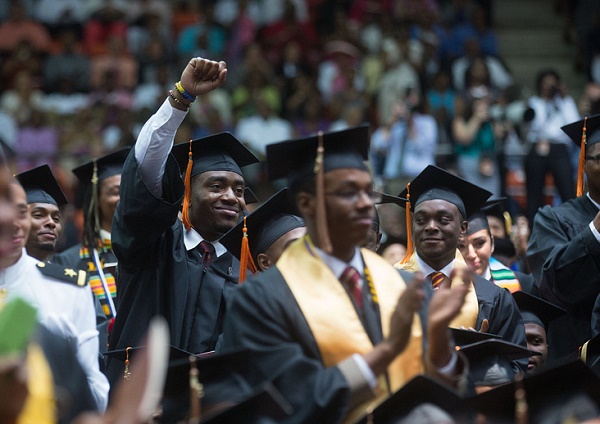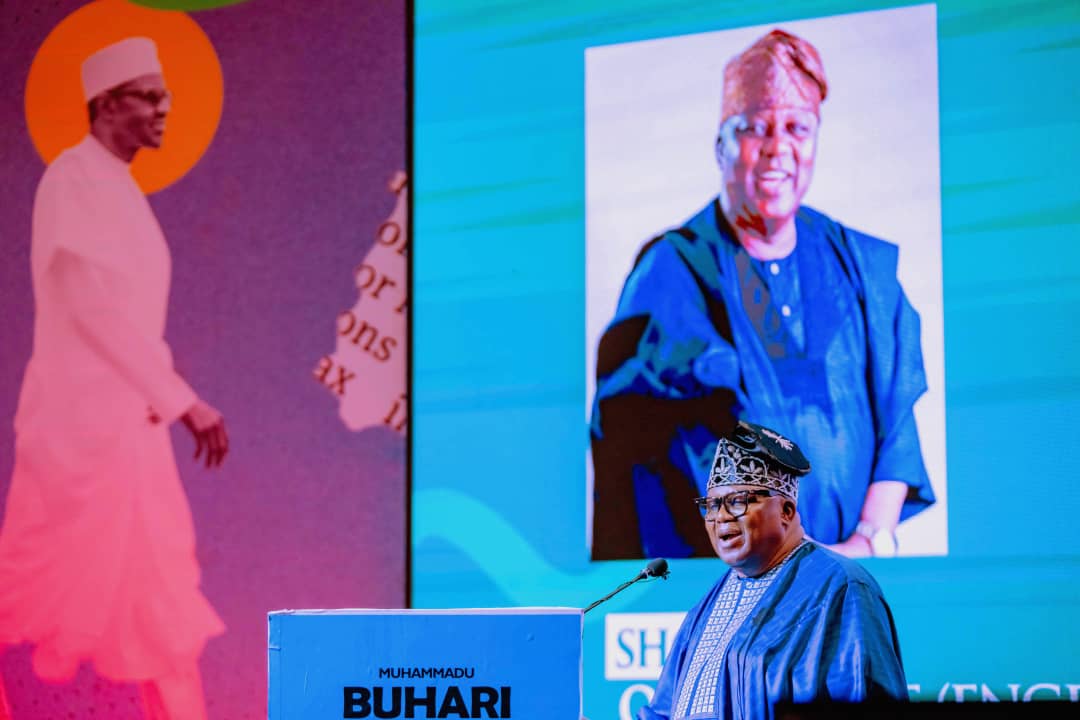The battle against the hydra-headed monster known as corruption has primarily been political since the establishment of Nigeria’s two primary anti-corruption agencies. President after president has used these main agencies as a weapon against those who are thought to be opponents of the president or the ruling party. A national chairman of the ruling party once said: “If you enter the ruling party all your sins are forgiven.”
After President Bola Ahmed Tinubu took office on May 29, 2023, Nigerians have been observing the two anti-corruption agencies’ dance moves. Every President’s body language has always been observed by these agencies, and they, in turn, speak or behave as the President pleases.
The two organisations are the Independent Corrupt Practices Commission (ICPC), officially known as the Independent Corrupt Practices and Other Related Offences Commission, which was established on September 29, 2000, and the Economic and Financial Crimes Commission (EFCC), which is tasked with upholding all laws about economic and financial crimes in Nigeria. Will this time around’s battle against corruption be different?
Within days of Tinubu taking office, two significant arrests were made: first, former CBN governor Godwin Emefiele; second, Abdulrasheed Bawa, who was then the EFCC Chairman. The DSS and EFCC have both accused Emefiele of crimes, so Nigerians now know what his transgressions were.
Advertisement
However, Bawa was freed after spending 134 days in custody without facing any legal charges, and the DSS’s statement to Nigerians explaining why the anti-corruption czar was detained in the first place is deemed abnormal. Section 35 (4) & (5) of the 1999 Constitution of the Federal Republic of Nigeria (as amended), prescribes that any person who is arrested or detained by the provisions of the Constitution shall be brought before a court of law within a reasonable time.
Subsection 5 defines a “reasonable time” to mean between 24 to 48 hours, depending on the availability of a court of competent jurisdiction within the place of arrest and detention. The country continues as if nothing occurred when the head of the EFCC was abruptly detained and left in the DSS facilities with no explanation for over four months.
The unlawful detention and incarceration of Bawa without any legal recourse through Nigerian courts speaks volumes about the political climate in the country and even more about the purported fight against corruption.
Advertisement
The EFCC has nonetheless created a fresh impression that a new era in the fight against corruption might have begun. President Tinubu has given the commission permission to look into anyone, the commission has boasted. There has never been a presidential mandate like this one. It implies that political meddling can no longer be blamed by the commission or the head of the EFCC.
This fresh lease of life instilled into the commission has started generating results. The files of former 13 Nigerian governors and numerous ministers that were kept in limbo for the entire time have been reopened in addition to the thorough investigation being conducted in the humanitarian ministry and its four agencies.
Most of those individuals are back in the EFCC’s dragnet, but some were noticeably absent from the list some names that featured in the national dailies long ago. The over N770 billion that is under investigation on the reopened files can significantly lessen the misery of the majority of Nigerian masses, even if only a small portion of it is recovered and used to finance capital projects and social interventions.
But the beasts the president and the EFCC face are entrenched and they will soon begin charging the president with betrayal of friendship and trust. That’s corruption fighting back. They will soon emotionally blackmail the president with the argument, “We didn’t make you president, so you will have the power to throw us into jail.”
Advertisement
For this reason, someone posed the question, “Is President Tinubu ready to commit political hara-kiri?” In the past, Japanese people who committed hara-kiri would slash their stomachs open to end their lives to preserve their honour. Similar terms include seppuku, ritual suicide, and suicide. In the past, warrior-class people in Japan would have disgraced or death-sentenced individuals to execute themselves via hara-kiri. Any suicidal behaviour, including political hara-kiri, is considered hara-kiri.
Then, political hara-kiri will be someone embracing entirely new friends and leaving behind his group or comfort zone. When Murtala Mohammed sought to purify Nigeria’s public life in 1976, it was suggested that he had committed something like political suicide. To have the moral upper hand to deal with other prominent personalities, both inside and outside of government, Murtala was said to have returned certain properties he might have obtained through corruption.
Can President Tinubu, then, continue on the new path of combating corruption by betraying the political elites and embracing the Nigerian people? It is a challenging but achievable strategy that can help the battle against corruption be successful. Due to a lack of political will, which Tinubu recently promised and has demonstrated with several actions, the fight has failed miserably from the beginning. He has established an inter-ministerial committee to investigate the Humanitarian Ministry and its agencies, whose operations have been suspended, in addition to the Obazee committee investigating CBN under Emefiele.
There are repercussions for this course of action being embarked on by the president. A sizable hang-up is going to rise and oppose the president. However, a leader who assumes such a great risk also reaps a great reward: the people who will ultimately benefit from his leadership will act as his shield. Once the Nigerian people are certain that the president is not acting only politically or cosmetically, they will give him the benefit of the doubt and he can rely on them ever after.
Advertisement
Tinubu must give additional drastic measures serious consideration right away. One is inviting international forensic auditors to look into the actions of important MDAs such as NNPC, NPA, NIMASA, NNDC, FCTA, and the like. Because Nigerian auditors are products of the same system they cannot be trusted because they often go for their cuts and thereafter, sweep things under the carpet.
Additionally, the plea bargain deals that the EFCC and ICPC are entering into must end. To find out how much has been recovered by the ICPC and EFCC since their founding decades ago, as well as the uses of the funds and properties, independent forensic audits of these two organisations are necessary. A lot of people have said that the loot that was recovered has been looted again. Is this true?
Advertisement
Nigeria won’t develop unless corruption is ruthlessly addressed and eradicated for the obvious reason that corrupt officials and contractors siphon off development funds, leaving the country undeveloped and its citizens wallowing in penury. Because of how widespread corruption has become, the majority of Nigerians are starting to accept it in one form or another as a way of life, and are just waiting for their chance to plunder also whenever the opportunity presents itself. It is necessary to use striking examples to shake Nigerians out of their ridiculous acceptance of corruption and compel them to regain patriotic perspectives.
The gates of Kirikiri Prison must clang against corrupt leaders for Nigerians to hear and fear; otherwise, nothing will change. In China, they would be shot by a firing squad.
Advertisement
It is crucial to allow the renewed battle against corruption to go beyond mere symbolic gestures and smokescreens that provide the appearance of progress whereas, in the end, it’s all deceit; a lot of heat without fire.
God bless Tinubu and Nigeria!
Advertisement
Dr Law Mefor, an Abuja-based forensic and social psychologist, is a fellow of The Abuja School of Social and Political Thoughts. He can be reached via [email protected]; Twitter: @Drlawsonmefor.
Views expressed by contributors are strictly personal and not of TheCable.
Add a comment
